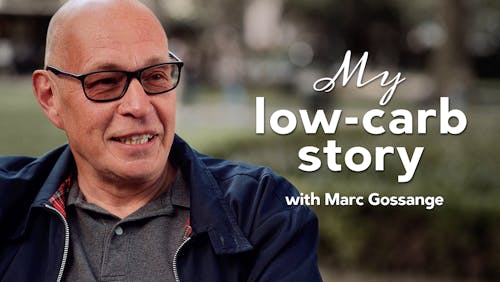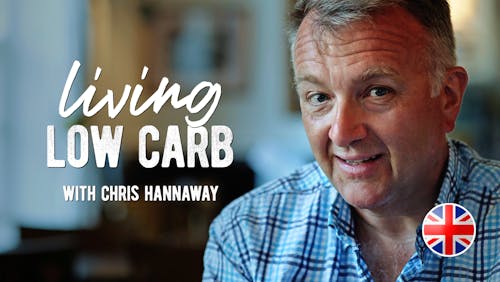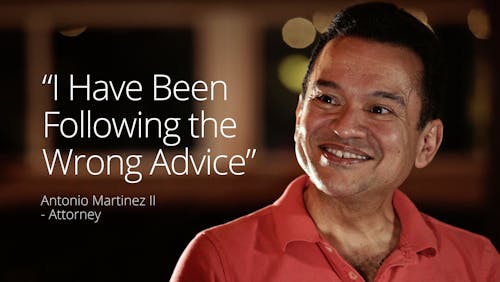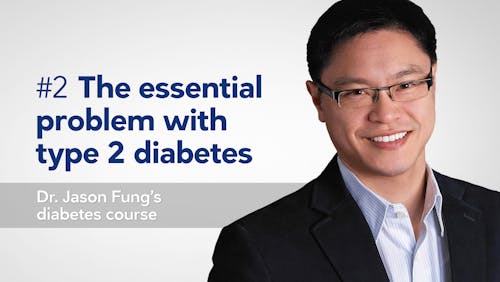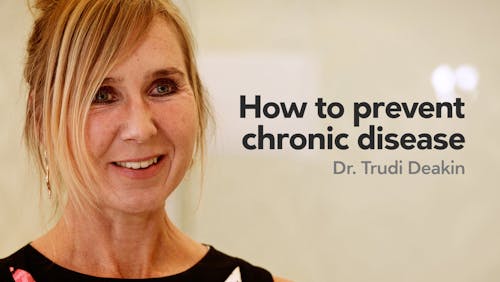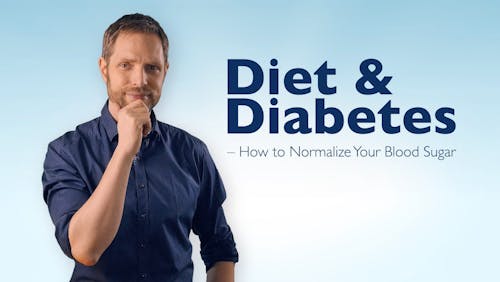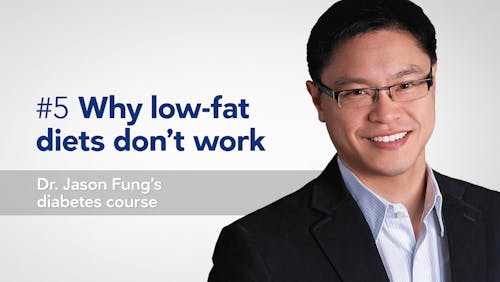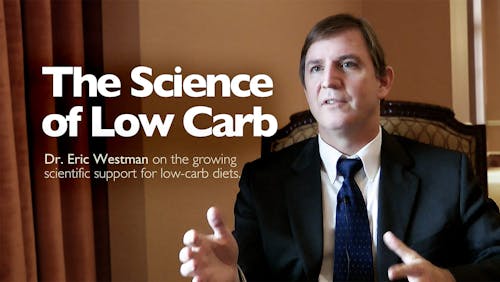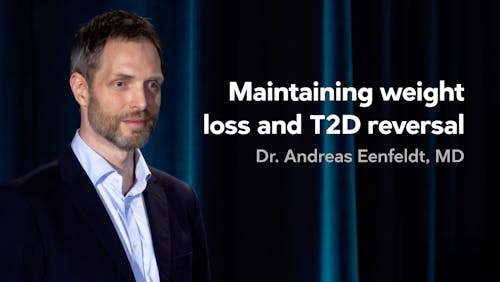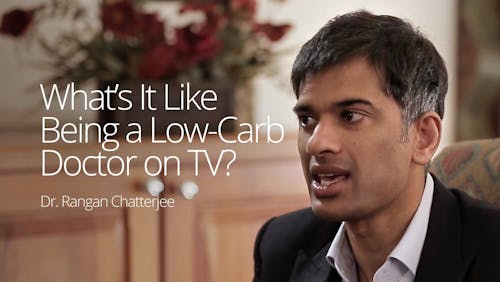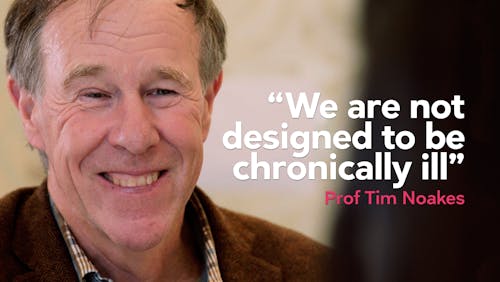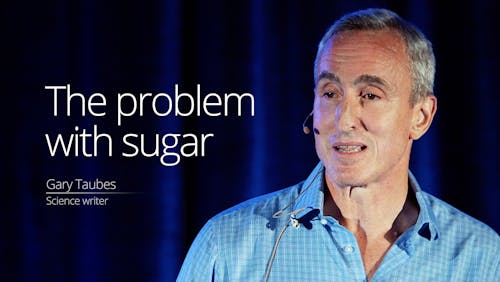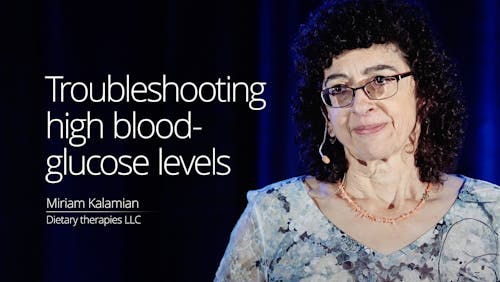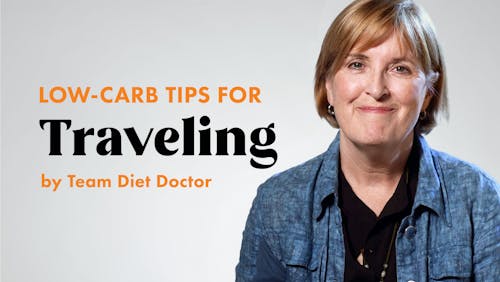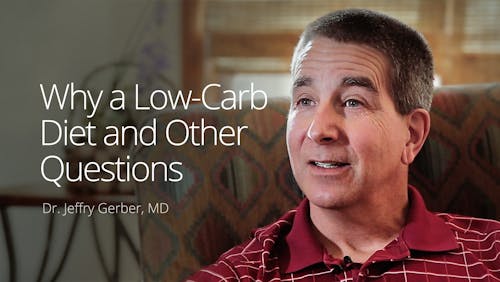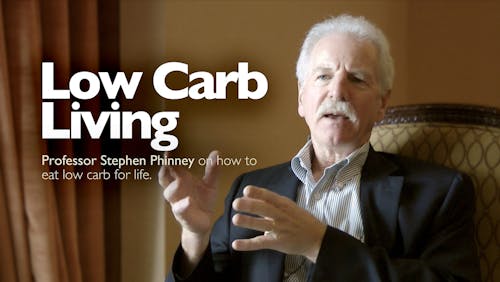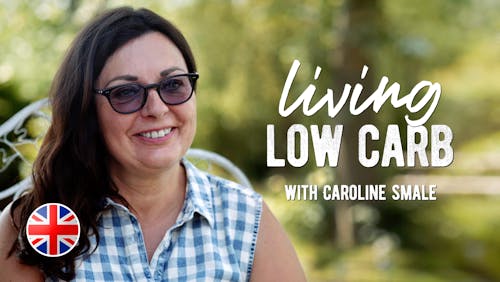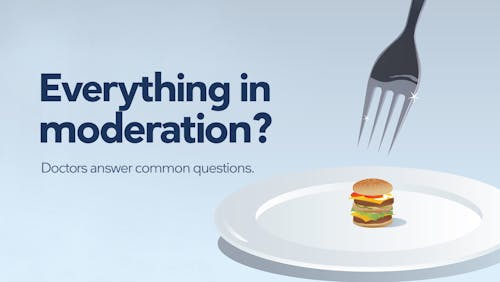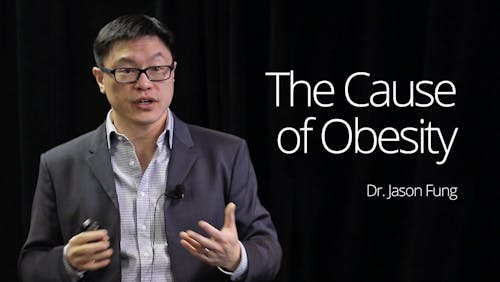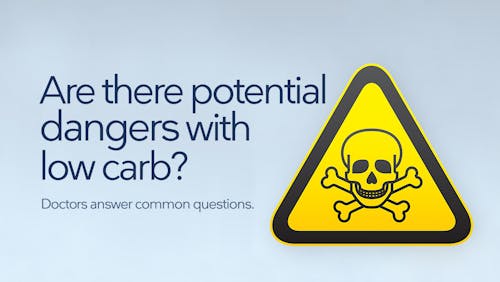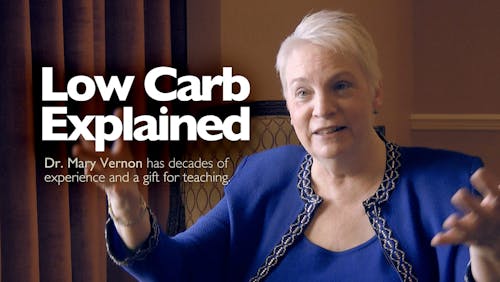Have you ever heard your doctor use the word “deprescribe?”

I have been a doctor for over 20 years. I can tell I never heard it in medical school, residency or fellowship, and I have never heard a colleague use it. Why is that?
Our medical culture is far too focused on prescribing medications to temper our symptoms or make our lab numbers look better. The result is we frequently fail to see if the medication actually helps us achieve better heath.
A recent article in express.co.uk gives us hope that we are starting to change this.
Express: GPs in mission to halt pill-popping menace
The article explains how hundreds of primary care doctors in the UK are joining forces to publicly emphasize the importance of lifestyle changes over drug prescriptions. A movement like this cannot come soon enough.
In the U.S., for instance, it is estimated that 60% of the adult population takes a prescription drug, and 15% take more than five. This is despite the fact that nutrition and exercise are equally or more effective than drugs for treating common conditions such as depression and hypertension.
An even bigger example is the prescription of statins for lowering cholesterol. The UK study cited 11 million prescriptions in 2007 increasing to 37 million in 2017 for atorvastatin alone. This is despite the fact that treating 217 people for five years with a statin prevents only one heart attack.
Said another way, 216 of those taking statins did not benefit, yet still had the potential for side effects and had the cost and inconvenience of taking the drug. Based on those numbers, it is long overdue for us to reevaluate our statin use.
And just to show no drug is completely safe, even aspirin is more complicated than we thought. Recent studies in NEJM showed aspirin has no overall benefit for primary prevention in those with diabetes, and two studies showed no benefit for those over age 70.
What can we make of all this? It is encouraging that groups of doctors are speaking out in favor of lifestyle, not drugs, as first line treatment. Combined with the growing body of evidence that low carb diets can reverse type II diabetes, the movement for fewer prescriptions allows doctors to focus on what really works- nutrition, physical activity, sleep hygiene, stress management, and other essential healthy lifestyle practices.
Next time you see your doctor, ask them when the last time was they used the word “deprescribe.” Hopefully, just by asking the question, you will help your doctor use that word more often in the future. That’s a movement I can support!
Thanks for reading.
Bret Scher, MD FACC
Earlier
Is low carb the best treatment for reversing diabetes?
Does cholesterol cause heart disease? New study says no
